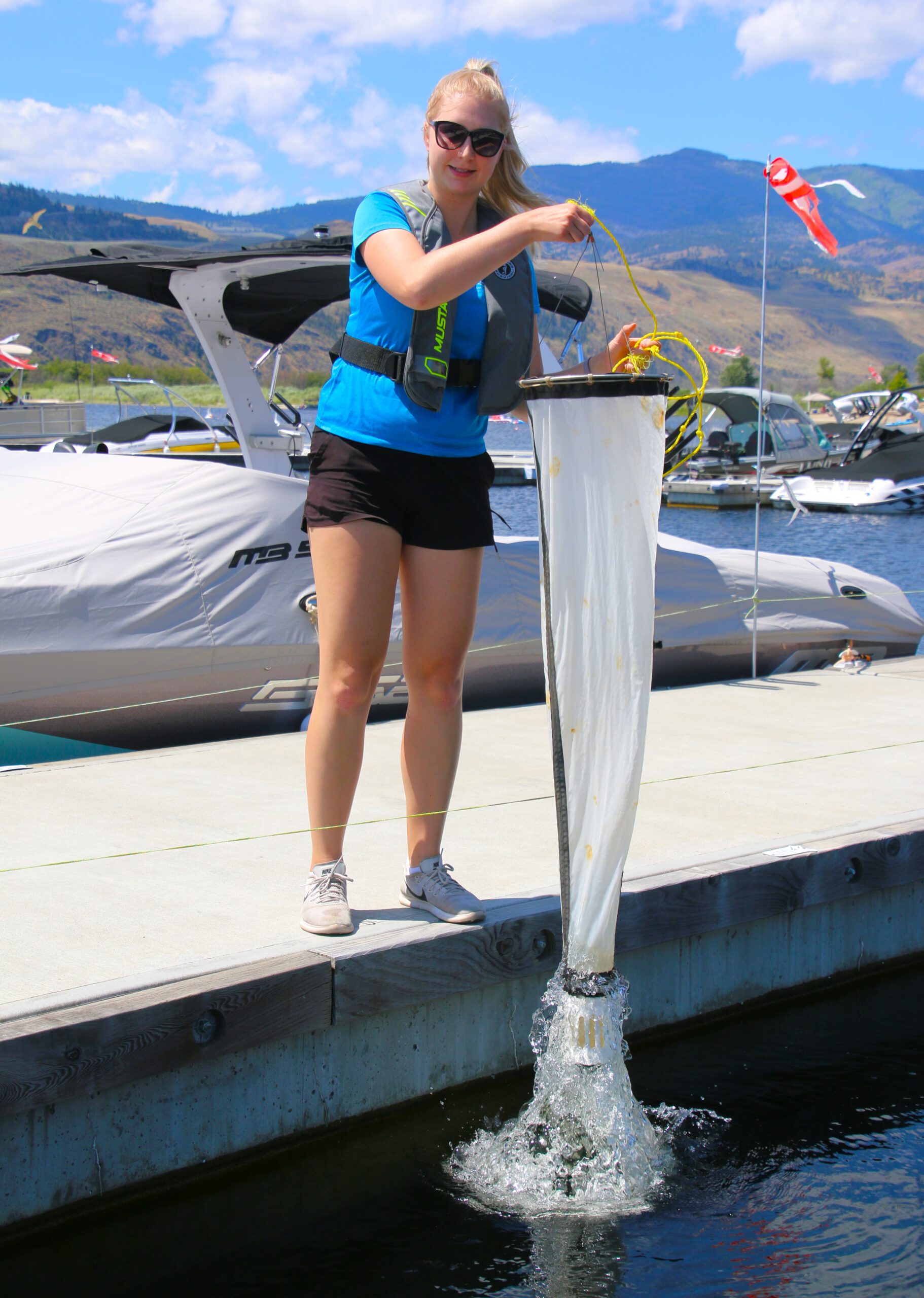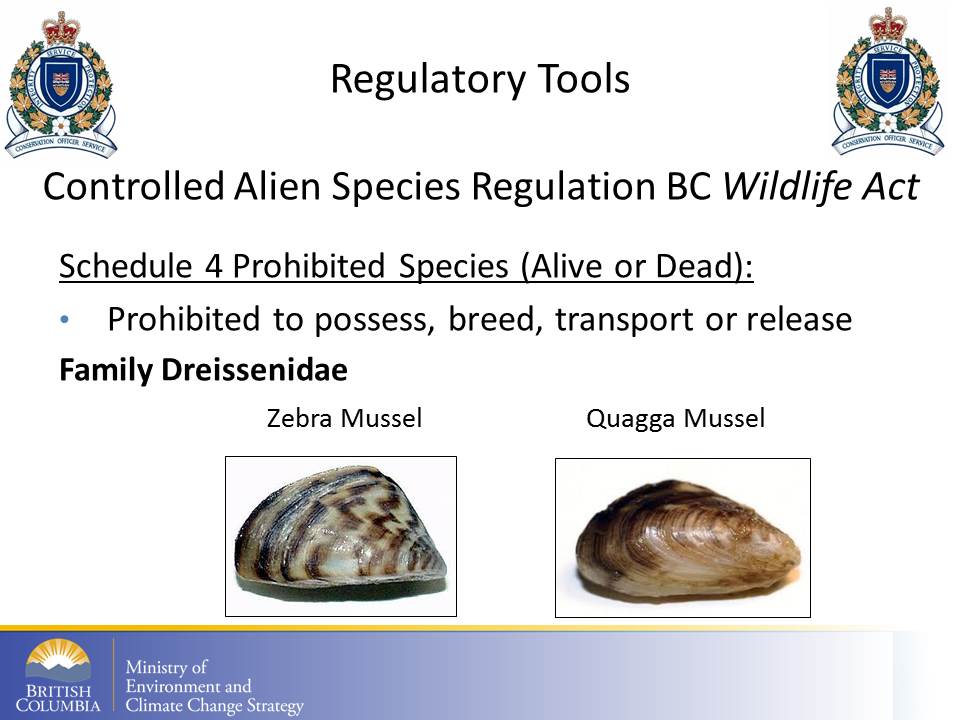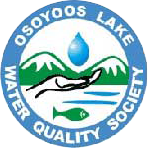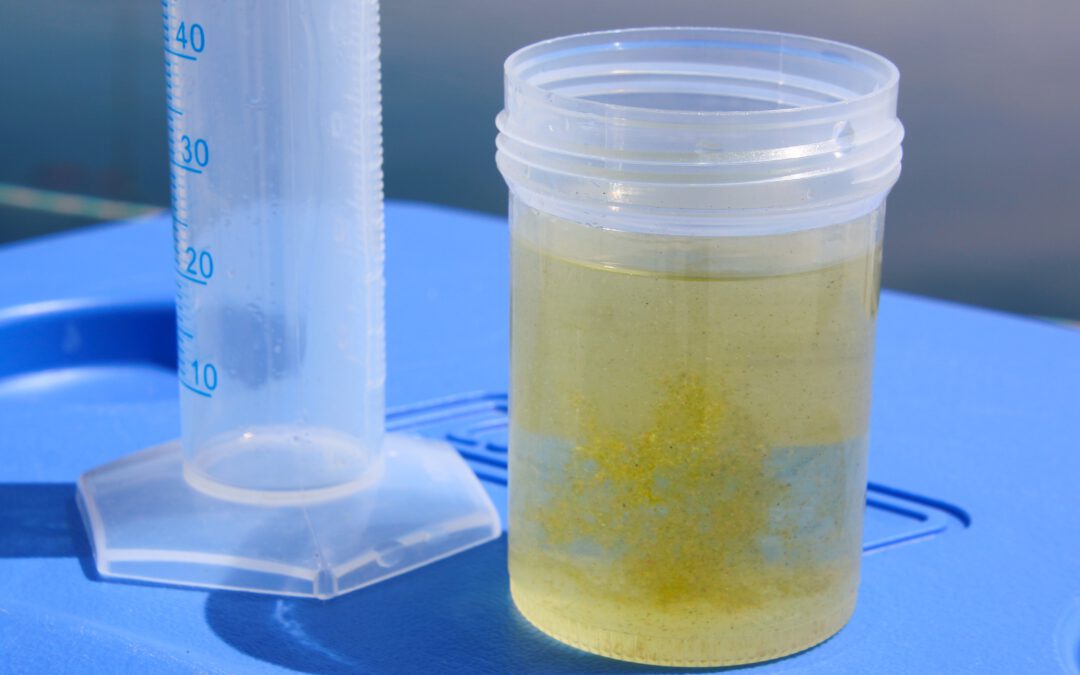Okanagan Basin Water Board (OBWB) concerned about possible cuts to federal invasive mussel control funding
 Ongoing monitoring for invasive mussel larvae through veliger water sampling at various marinas on Osoyoos Lake is one of the methods used to keep our lakes mussel free.
Ongoing monitoring for invasive mussel larvae through veliger water sampling at various marinas on Osoyoos Lake is one of the methods used to keep our lakes mussel free.

In a press release issued Thursday, the local organization says they’ve recently learned the federal government may be cutting funds that are used to stop invasive zebra and quagga mussels from entering B.C. waterways.
In response, the water board has sent an open letter to Ministers of Fisheries, Oceans and the Canadian Coast Guard, Environment and Climate Change, and Public Safety, Democratic Institutions and Intergovernmental Affairs, as well as to the Prime Minister’s office.
“This is critical, we are going right to the top,” said Water Board chair Sue McKortoff in the press release. “After all the decades of work done by the Okanagan Nation Alliance and partners to bring the salmon back, it would be a crime to see the salmon population collapse because we failed to protect our freshwater ecosystem from invasive zebra and quagga mussels when we still had a chance. This would ruin an important food source to local First Nations, as well as everything else that depends on the salmon, including birds, bears, orca.”
Okanagan Water Board spokesperson Corinne Jackson said they have heard from the provincial government that the federal government is considering cutting the funding this year, but they’re not clear on how much may be cut, or when a decision may be made.
Earlier this month, the BC Wildlife Federation also raised the alarm, saying the federal government, Fortis BC and BC Hydro have all reduced their support for mussel surveillance in the province.
This comes after a quagga mussels were found in Idaho’s Snake River this past September, just an 11-hour drive from the Canadian border. This is now the closest infestation from B.C. that’s been discovered. As a result, Idaho opted to dump more than 116,000 litres of copper chelate into the river, killing nearly seven tonnes of fish and poisoning a 26 km stretch of the river.
“Wholesale killing of fish, invertebrates, amphibians, and plants in the river was considered better than letting these mussels take hold,” the Water Board says.
Between May and December 2023, B.C.’s Invasive Mussel Defence Program intercepted 155 watercraft on their way into B.C. that were identified as high-risk for the mussels, and 14 were confirmed to have invasive mussels on them.
A recent B.C. government report estimated a mussel infestation would be cost the province between $64 and $129 million annually, but the Water Board says it would be even more costly.


